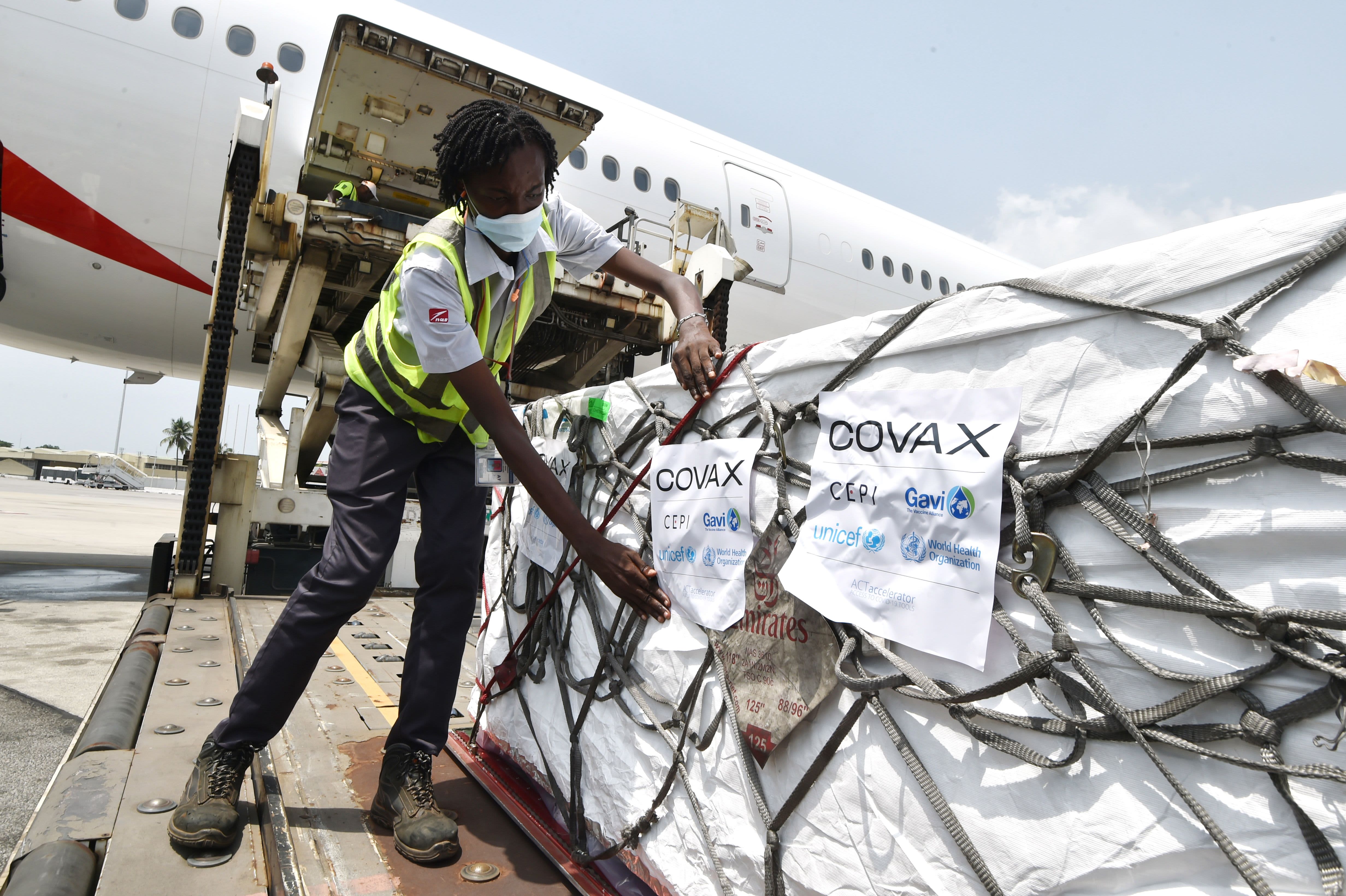The CEO of the WHO Foundation has told CNBC that the global economy will lose “trillions of dollars” if more Covid-19 vaccines aren’t delivered worldwide.
Anil Soni, who became the Foundation’s first CEO in January 2021, said “the governments of Europe and the West have a clear obligation to donate excess doses and to put money on the table to buy the vaccines, the volumes necessary to deliver to 70% of the world’s population this year.”
The World Health Organization has set a target for 70% of the global population to be vaccinated by mid-2022.
Speaking in late February for this week’s episode of CNBC’s “Equity and Opportunity” on vaccine equity, Soni said it is a “moral imperative” to vaccinate the world against Covid.
“We live in a world in which we see the effects of deep, structural generations-long inequity. This is an opportunity to do something very different and show that history can be corrected. That we can achieve the moral victory of an equitable response where everyone in the world, all of us have equal value, receives the same access to this life-saving technology,” Soni said.
“But epidemiologically and economically, vaccine inequity is self-defeating, the numbers just make that clear. We’re going to lose trillions of dollars in the global economy if we don’t achieve high vaccine coverage, because what you’ll have in global supply chains is materials not able to come from the countries in which you have continued lockdowns, continued high rates of transmission of Covid-19.”
Soni said that even with vaccines, the spread of the most recent variant, omicron, had been “breathtaking,” and if large populations of the world remain unvaccinated, future variants could develop which may be resistant to vaccinations.
The WHO Foundation was established in 2020 to support the World Health Organization’s work in addressing the biggest global health challenges.
Not enough progress
Soni told CNBC that he was proud of the “tremendous progress” achieved through vaccines in the first two years of the Covid crisis. But he said the pandemic won’t be over until the 70% global target is met, and there hasn’t been enough progress on that front.
Last week, the U.N. reported that while more than 10.5 billion vaccine doses had been administered globally, only about 13% of those in low-income countries had been vaccinated, compared with nearly 70% in high-income ones.
“We have the ability to do it, we can make it happen, but we’ve got to act very differently in the next few months to achieve that target. We have to mobilize more resources, money to buy the vaccines, we have to share doses, and critically, we have to ensure effective delivery in countries around the world to go from the billion doses that have been delivered in low-income countries to hitting that 70% target,” Soni said.
Fundraising campaign
In 2021, the WHO Foundation launched the “Go Give One” fundraising campaign.
The campaign encourages everyone to contribute $5, with 95% of the money going toward buying a single vaccine through the international initiative COVAX — co-led by the WHO, the Coalition for Epidemic Preparedness Innovations and vaccine alliance Gavi, alongside delivery partner UNICEF.
Soni said the campaign had raised $15 million so far, buying 3 million vaccines.
He also said the sharing of manufacturing knowledge to produce vaccines is “critically important” in achieving vaccine equity.
“Manufacturers in low- and middle-income countries, in the Americas, in Asia, in Africa, have the ability to make these products and they are ready to make them,” he said.
“A number of organizations, including the World Health Organization, is facilitating the technology and the information transfer, but we need those companies in the West, in Europe, in the United States to cooperate and to see this as a win, to see this as an opportunity for them to invest in the type of capacity in these countries, in the manufacturing industry, that they simply can’t meet themselves.”
Freedom through vaccinations
When asked what he would say to those who are against receiving a vaccine, Soni said he was keen to engage in such conversations, ask about their concerns and provide more data and information on vaccine safety.
“Many of the vaccines have received conditional approval, not full approval, that doesn’t mean they’re not effective. It means that there’s a regulatory process that requires a certain amount of data about the stability of a product on a shelf, to provide the full approval,” he said.
With a number of countries scrapping all Covid restrictions recently, Soni warned that it’s necessary to protect that freedom through vaccinations.
“We are in a moment in which we are feeling liberation and freedom. That’s wonderful. But we have to protect that and the way we protect that is by ensuring everyone is vaccinated,” he said.
